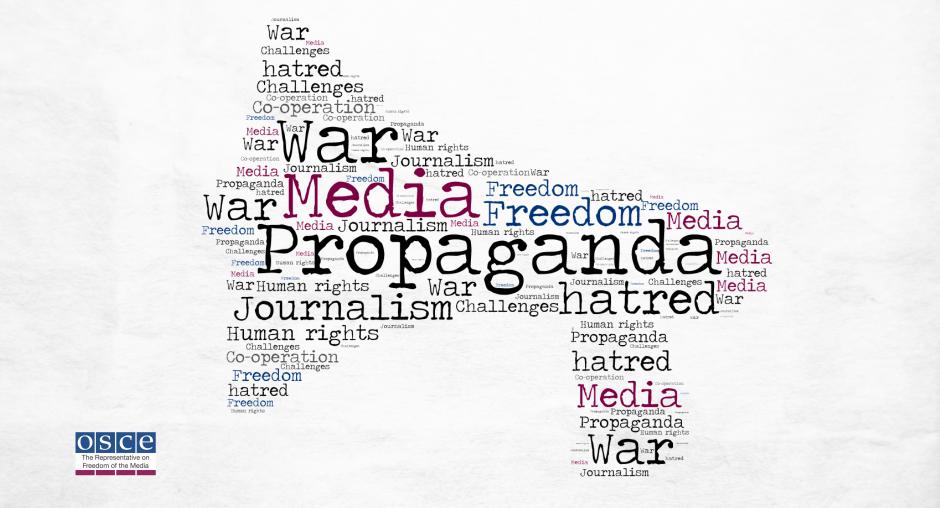The history of propaganda
What do you come up with when you listen to the word of propaganda? Some people imagine the word with negative impressions such as brainwashing and controlling, manipulation of impression, fabrication of information, conspiracy and rights, mass-communication, religion, social and communism, etc. They are universal ideas of propaganda for people. Then, what is the definition of propaganda in Wikipedia?
According to Wikipedia, propaganda is communication that is primarily used to influence an audience and further an agenda, which may not be objective and may be selectively presenting facts to encourage a particular synthesis or perception, or using loaded language to produce an emotional rather than a rational response to the information that is being presented. Propaganda is often associated with material that is prepared by governments, but activist groups, companies, religious organizations, the media, and individuals also produce propaganda.
Proaganda is a modern Latin word, ablative singular feminine of the gerundive form of propagare, meaning ‘to spread’ or ‘to propagate’, thus propaganda means for that which is to be propagated. Originally this word derived from a new administrative body of the Catholic Church (congregation) created in 1622 as part of the Counter-Reformation, called the Congregatio de Propaganda Fide(Congregation for Propagating the Faith), or informally simply Propaganda. Its activity was aimed at “propagating” the Catholic faith in non-Catholic countries.
Propaganda was an organization from Catholic. Then, why did Catholic people make this? The answer is to assert that Catholics are true Christianity. When Reformation occurred, the two types of sect emerged: Catholics that state the church is true and Protestants that state the Bible is true. Both Catholics and Protestants had a conflict with each other which is right, and this led to Thirty Year’s war, and propaganda started to use at the time. We have to focus on that propaganda did not have a negative impression when the word emerged because the word was just a name of an organization. Negative impressions of propaganda started to entail negative images in the war in the 19s.
The history of propaganda is accompanied by the wars that are essential to seize and control information to win. In the situation of The World War, propaganda started to use and be entrenched negative meaning little by little such as, distributing information about the enemy.
Propaganda in daily life
Propaganda is used in our daily life, and there immeasurable examples such as mass communication, advertising products, convincing someone to do, etc. The fact is that we are using propaganda every day, and people who are friends or alley use propaganda and have a significant influence on a specific individual. Superior propaganda is that we never notice and recognize, and the meaning of successful propaganda is successful in leading people in a particular direction, which means it was able to let someone believe in a specific person or a principle. In other words, if we were able to convince someone to believe in us, our propaganda was done successfully.
Therefore, it is vital to comprehend the purpose and intention of propaganda because it exists everywhere and affects influence every day. The image of negative impressions, such as propaganda is a bad thing and enemy use to control us, should be replaced because if we have this assumption, we start to doubt everything we look at and listen to. This makes us suspicious of enemies but not of our allies, even though the allies might propagandize us. This perception causes a huge gap between receiving information from an enemy and an alley. There is no absolute alley. So, it is paramount for us to obtain information and consider it objectively, not controlled by others.
Lastly, you should know that you are propagandized by reading this article also.
Reference – https://en.wikipedia.org/wiki/Propaganda
thumbnail – https://www.osce.org/representative-on-freedom-of-media/319286



Comment